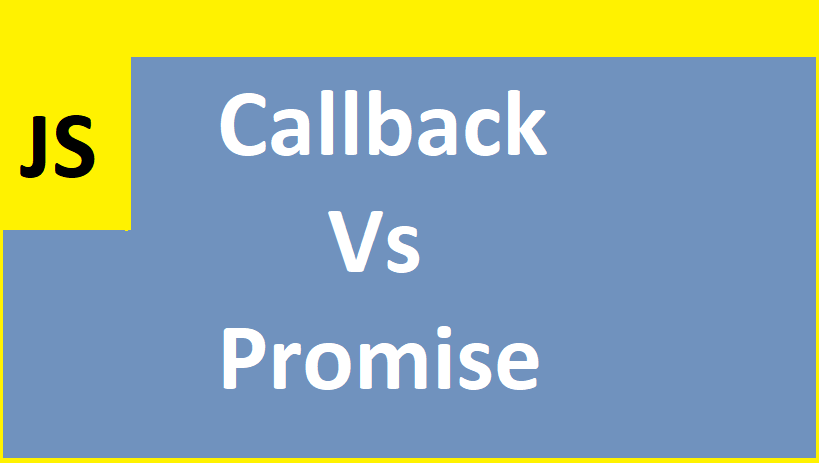-
Readability and Maintainability: Promises provide a more structured and readable way to handle asynchronous operations. With callbacks, especially when dealing with multiple nested callbacks (known as "callback hell" or "pyramid of doom"), code can quickly become hard to understand and maintain. Promises offer a more linear and sequential style of writing asynchronous code.
-
Error Handling: Promises have built-in error handling mechanisms through the
.catch()method, making it easier to handle and propagate errors in asynchronous operations. Callbacks often require manual error-checking within each callback function, leading to error-prone code. -
Chaining: Promises allow you to chain multiple asynchronous operations together using the
.then()method. This chaining pattern leads to more readable and predictable code. Callbacks don't naturally support this chaining behavior. -
Parallelism and Sequencing: Promises provide a convenient way to handle both parallel and sequential asynchronous operations. You can use
Promise.all()to run multiple promises in parallel andPromise.allSettled()to wait for all promises to settle, regardless of success or failure. Callbacks can become more complex when dealing with these scenarios. -
Cancellation: While not part of the core Promise specification (until Promise Cancellation is introduced in ECMAScript), some libraries and frameworks provide mechanisms for canceling promises. Callbacks generally lack a standardized way to cancel asynchronous operations.
-
Avoiding Callback Hell: Promises mitigate the issue of callback hell by promoting a more structured and organized code style. With promises, you can flatten the nesting of asynchronous code, making it more manageable.
-
Built-in Promise API: JavaScript's native Promise object has a well-defined API, making it easy to understand and work with. Callbacks, on the other hand, rely on ad-hoc conventions and patterns, which can vary from one codebase to another.
-
Promote Asynchronous Best Practices: Promises encourage developers to follow best practices for asynchronous programming, such as handling errors and ensuring proper sequencing of operations. Callbacks can lead to the neglect of these best practices.
-
Compatibility and Integration: Promises are well-supported in modern JavaScript environments, and they can be easily integrated with other asynchronous mechanisms, such as
async/await, making it easier to transition between different paradigms.
In summary, while callbacks are a valid way to handle asynchronous operations in JavaScript, promises offer a more structured, readable, and robust approach. They help mitigate common issues associated with callback-based code, leading to more maintainable and error-resilient code. As a result, promises have become the preferred choice for managing asynchronous operations in modern JavaScript development.
